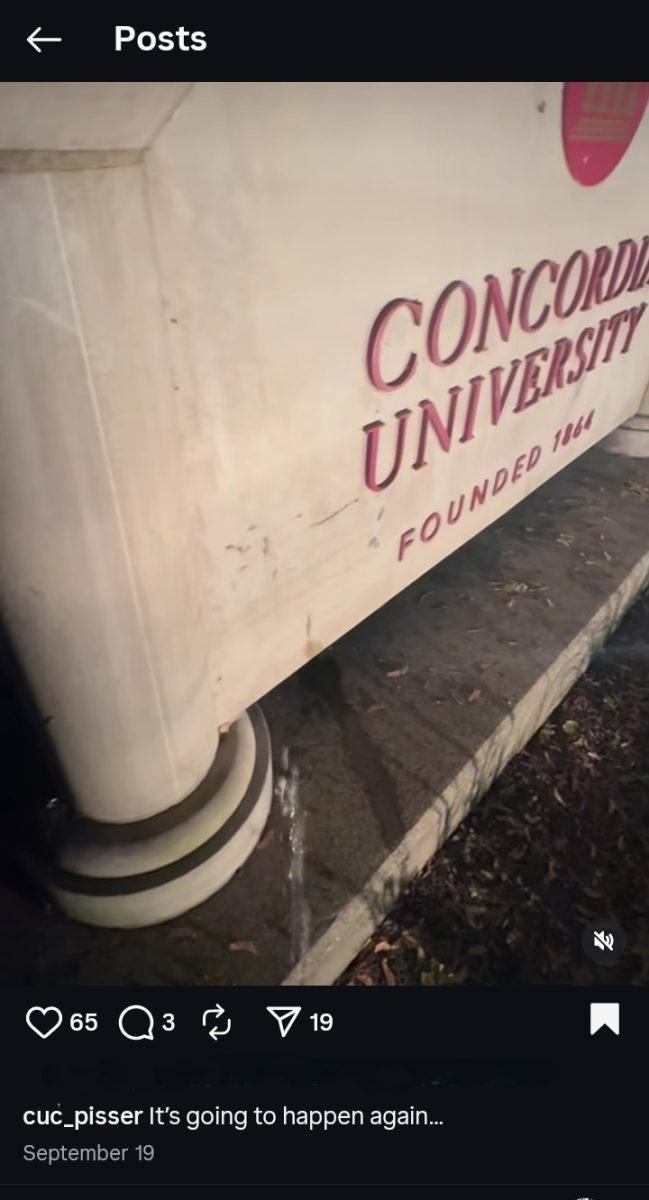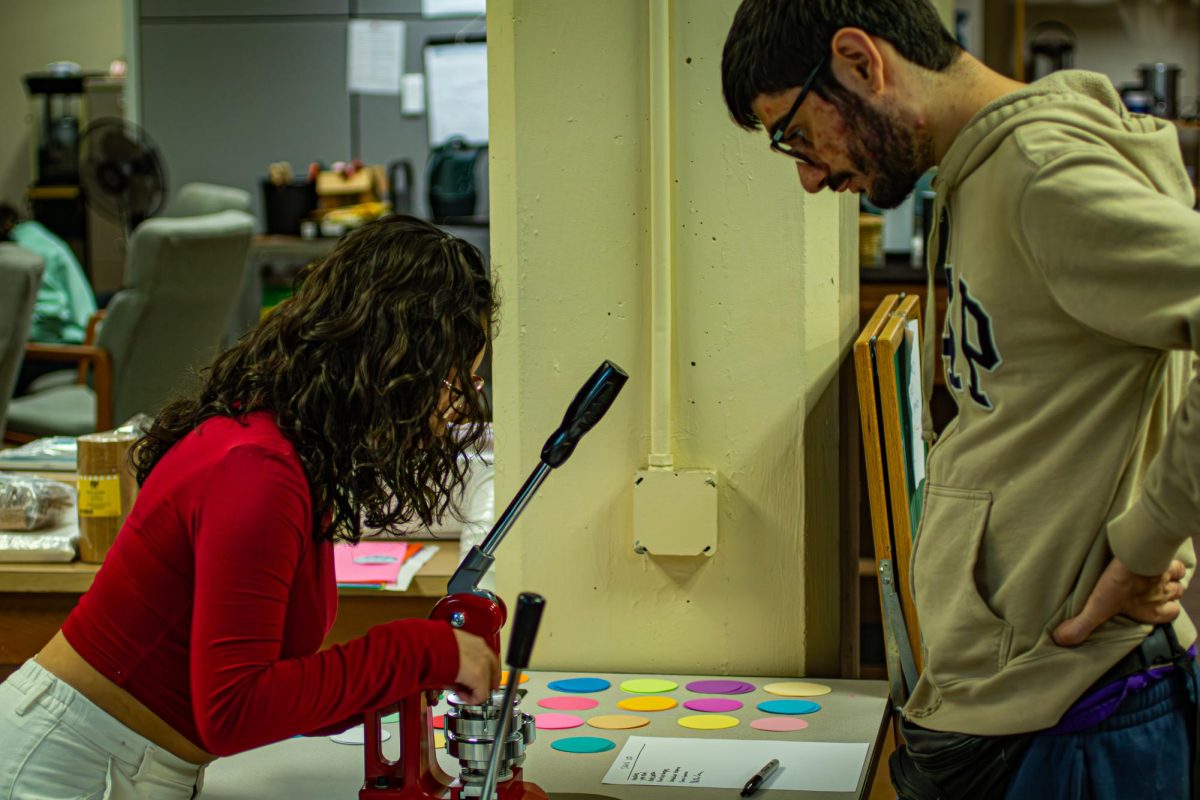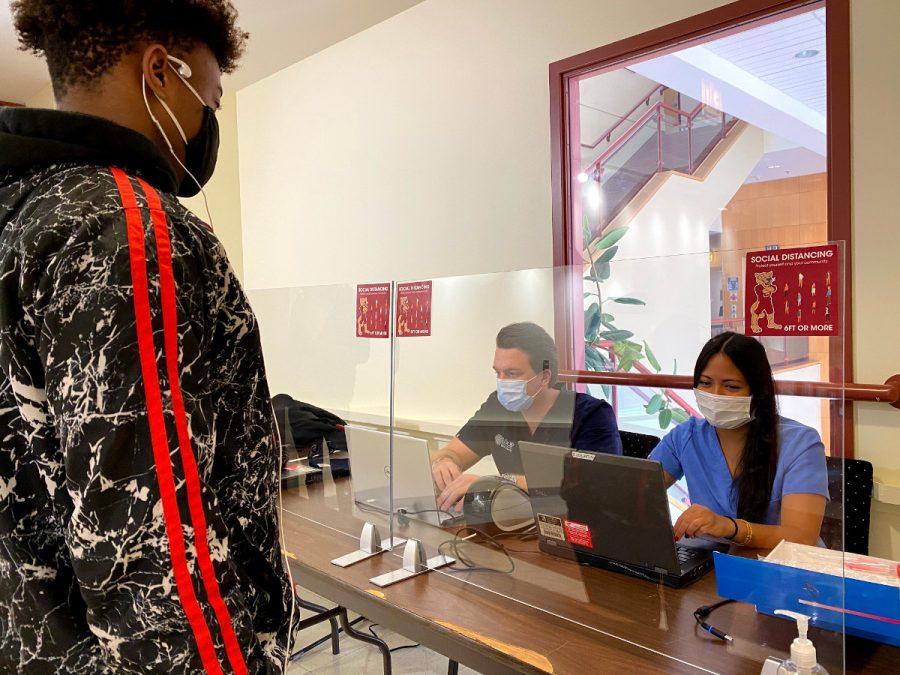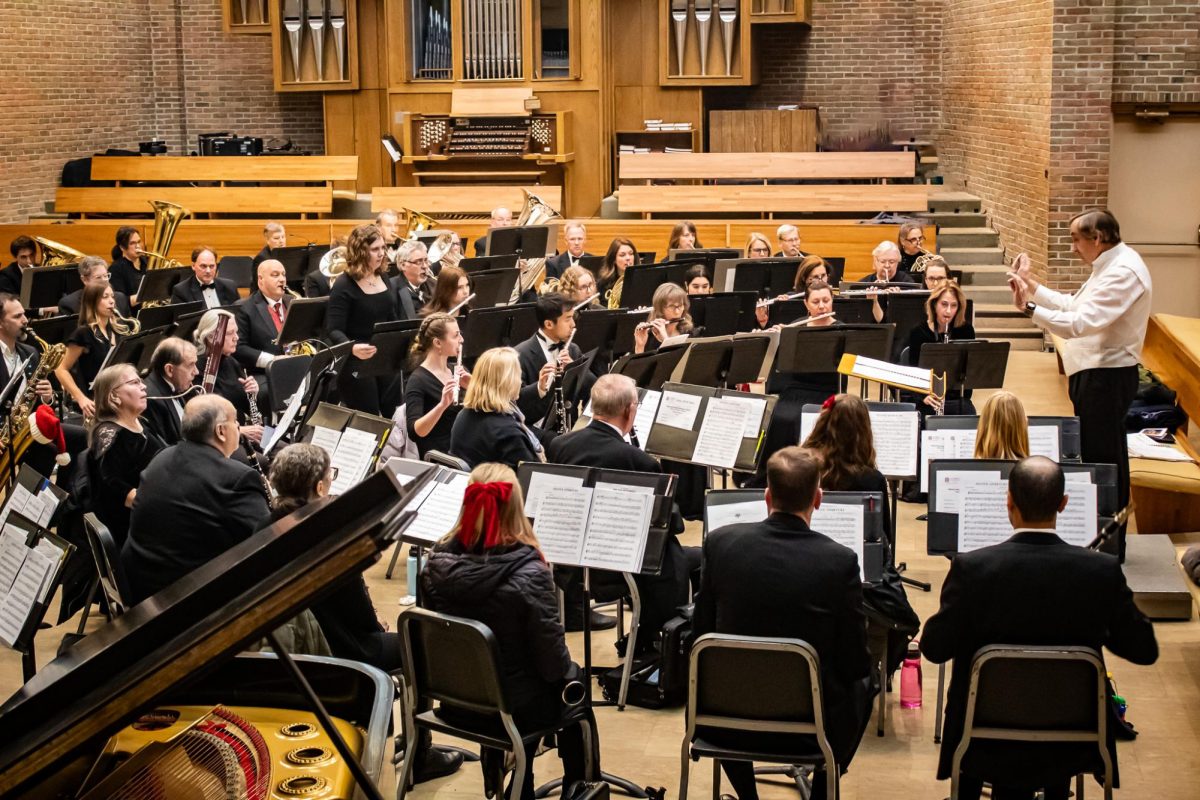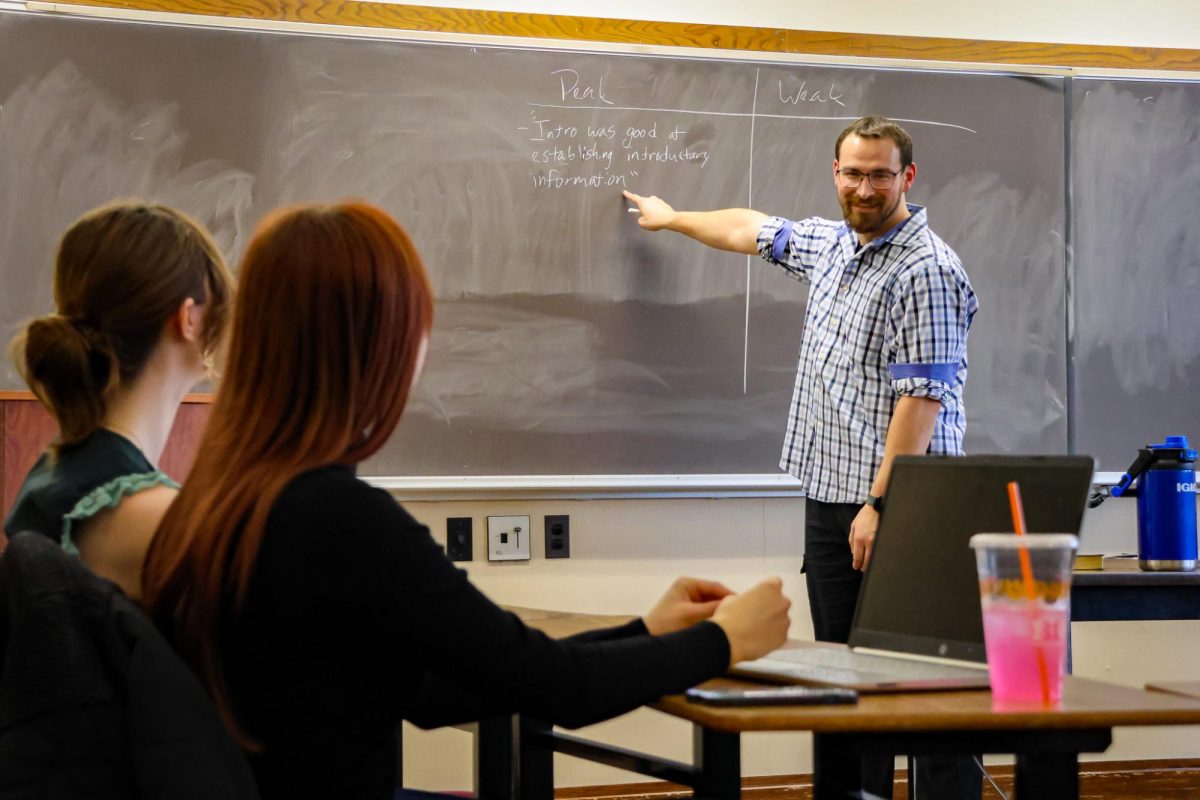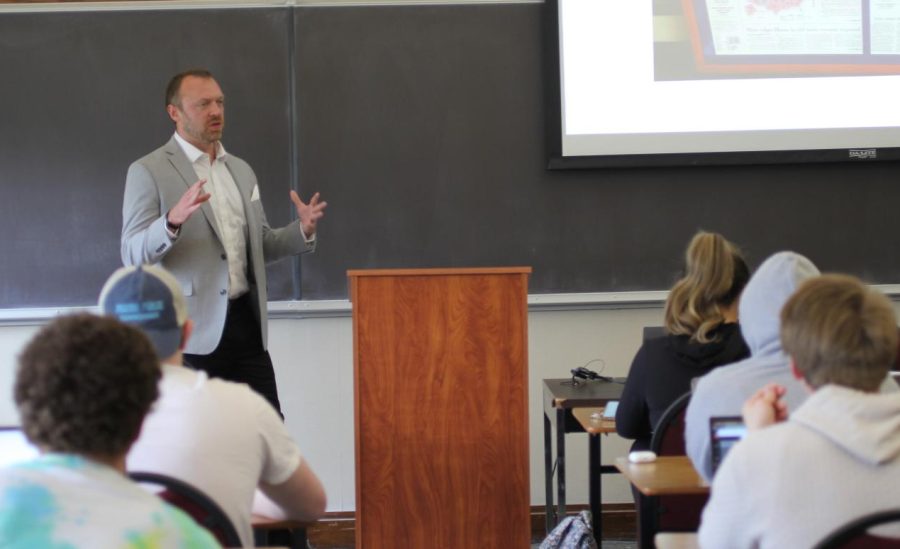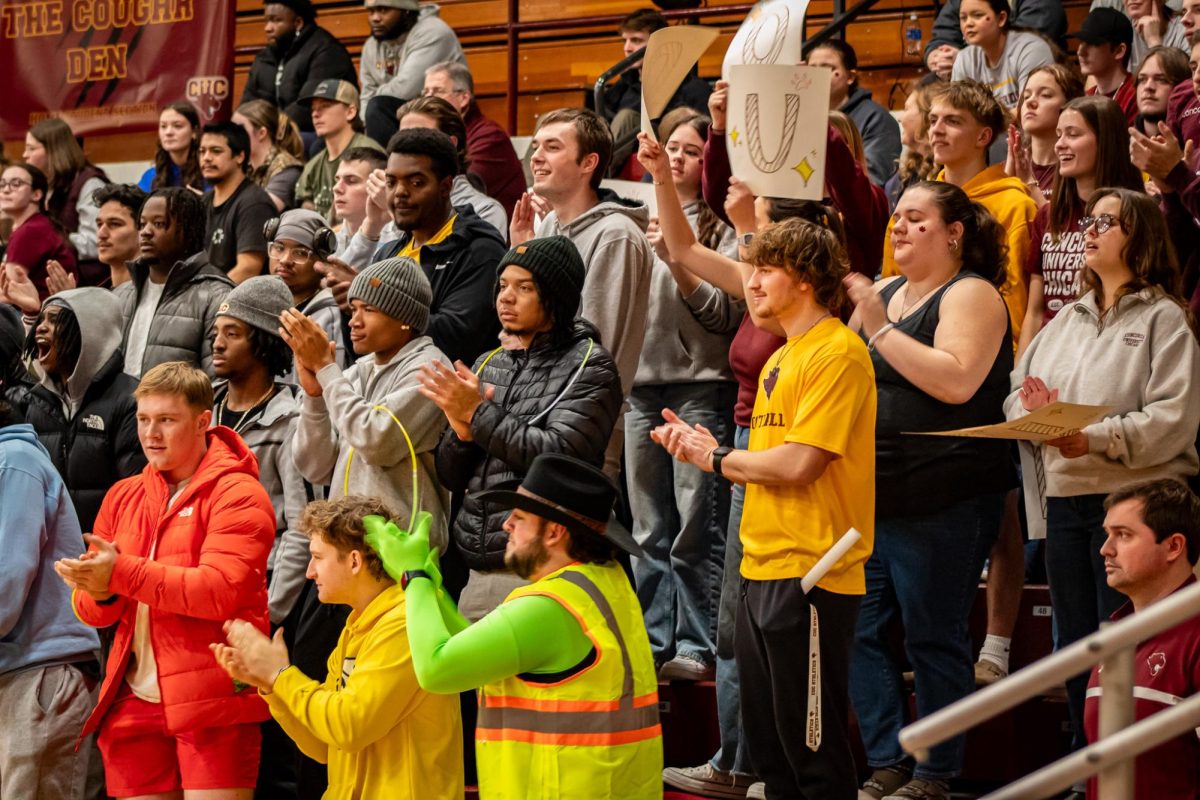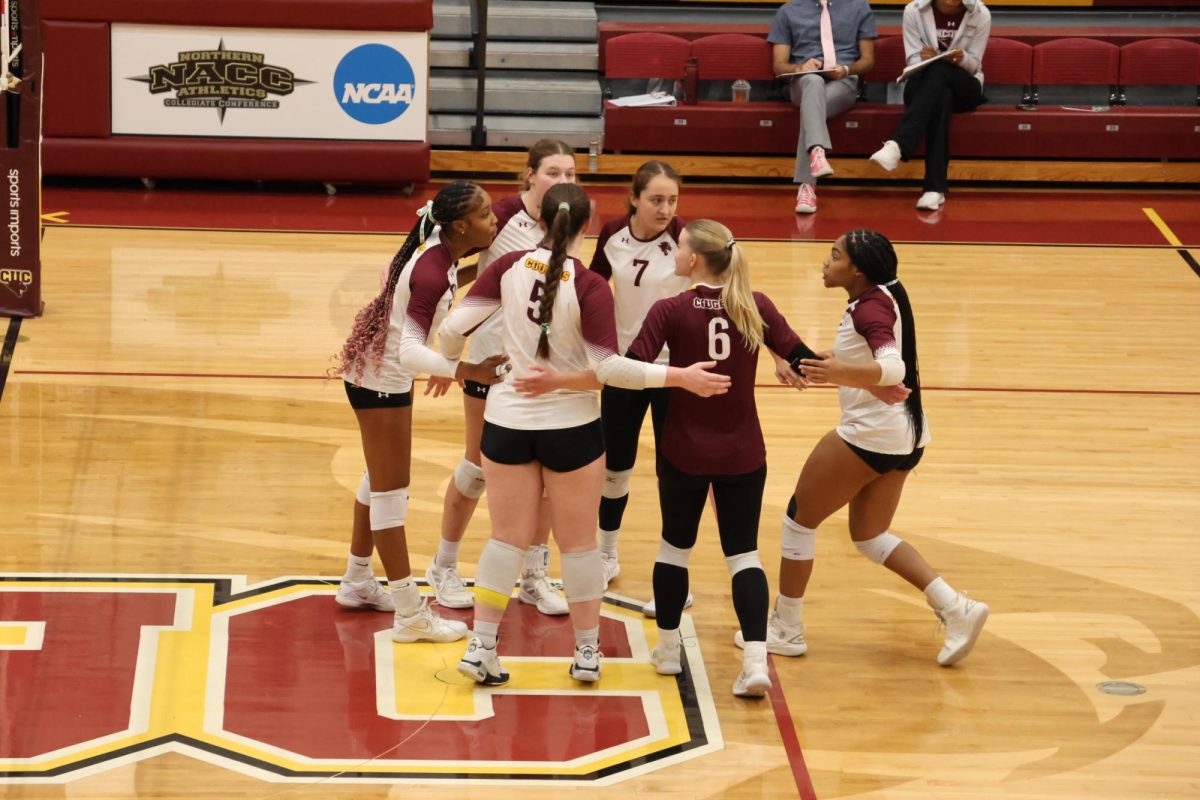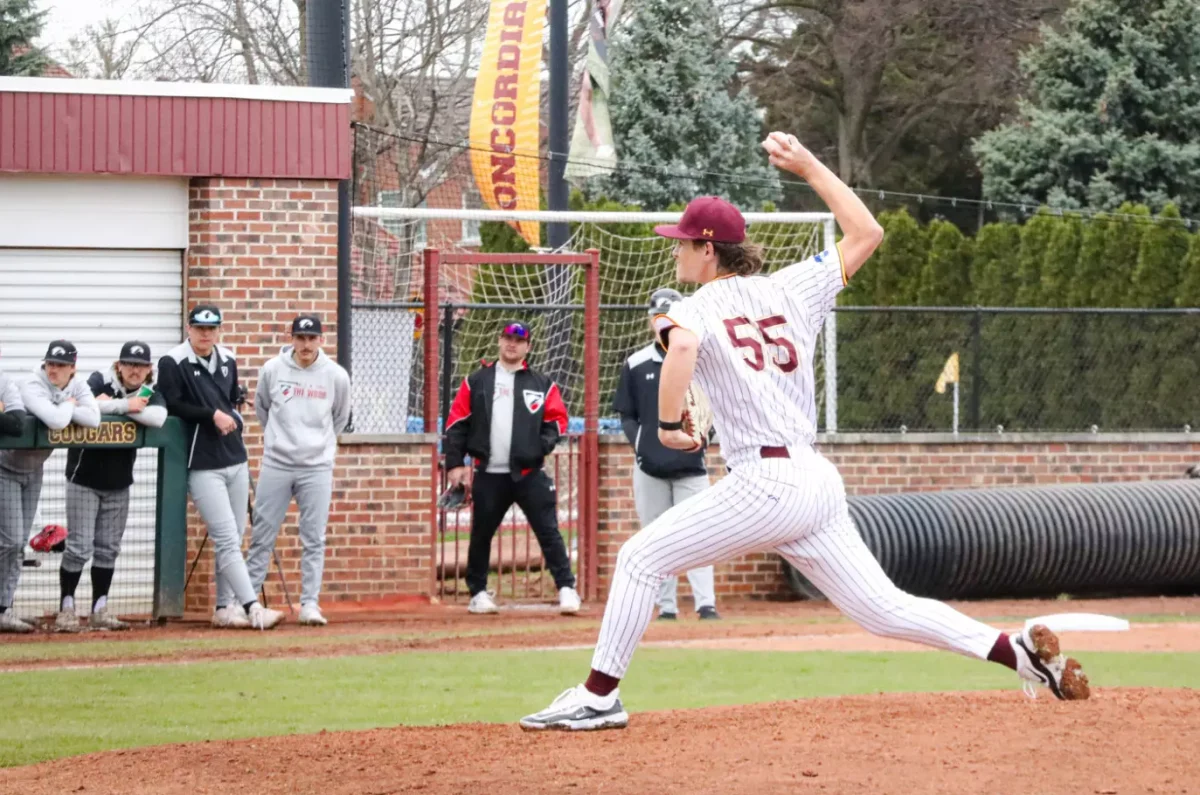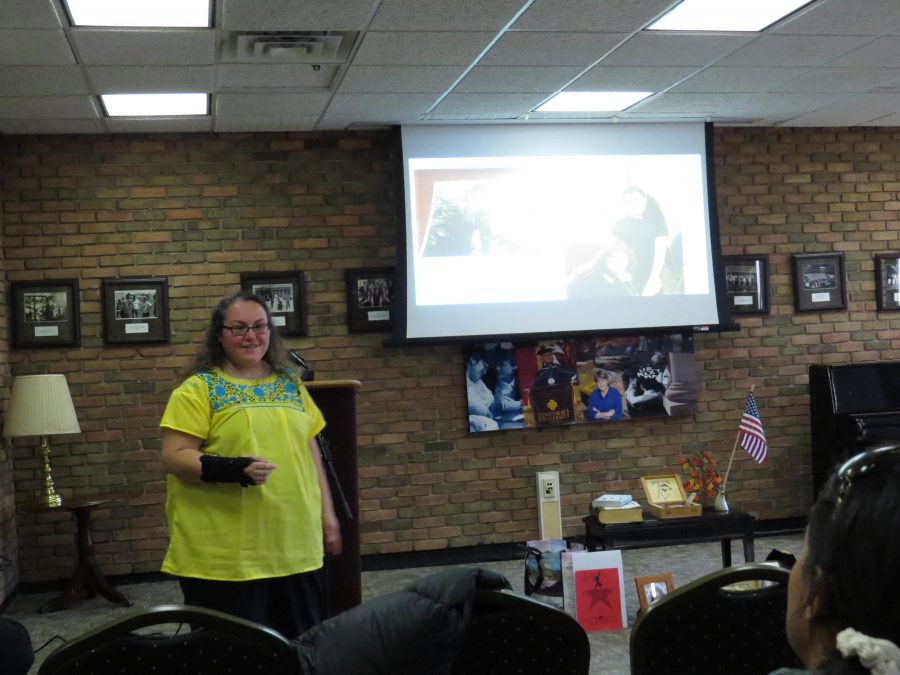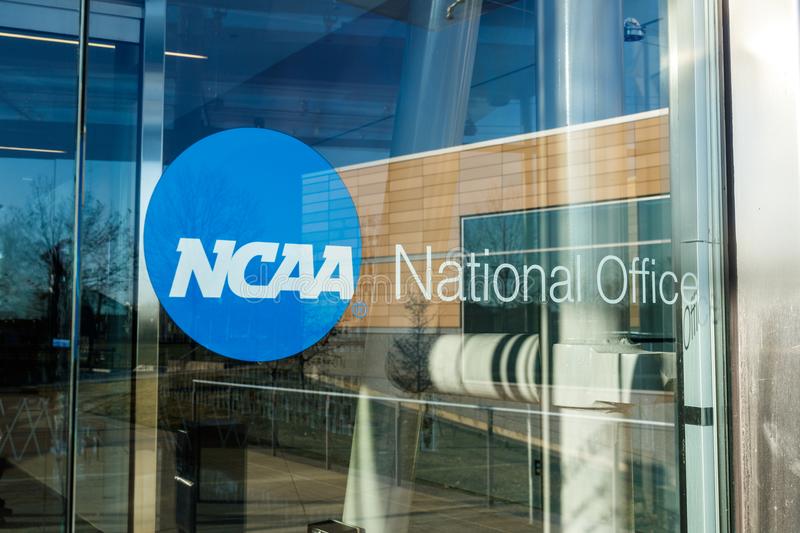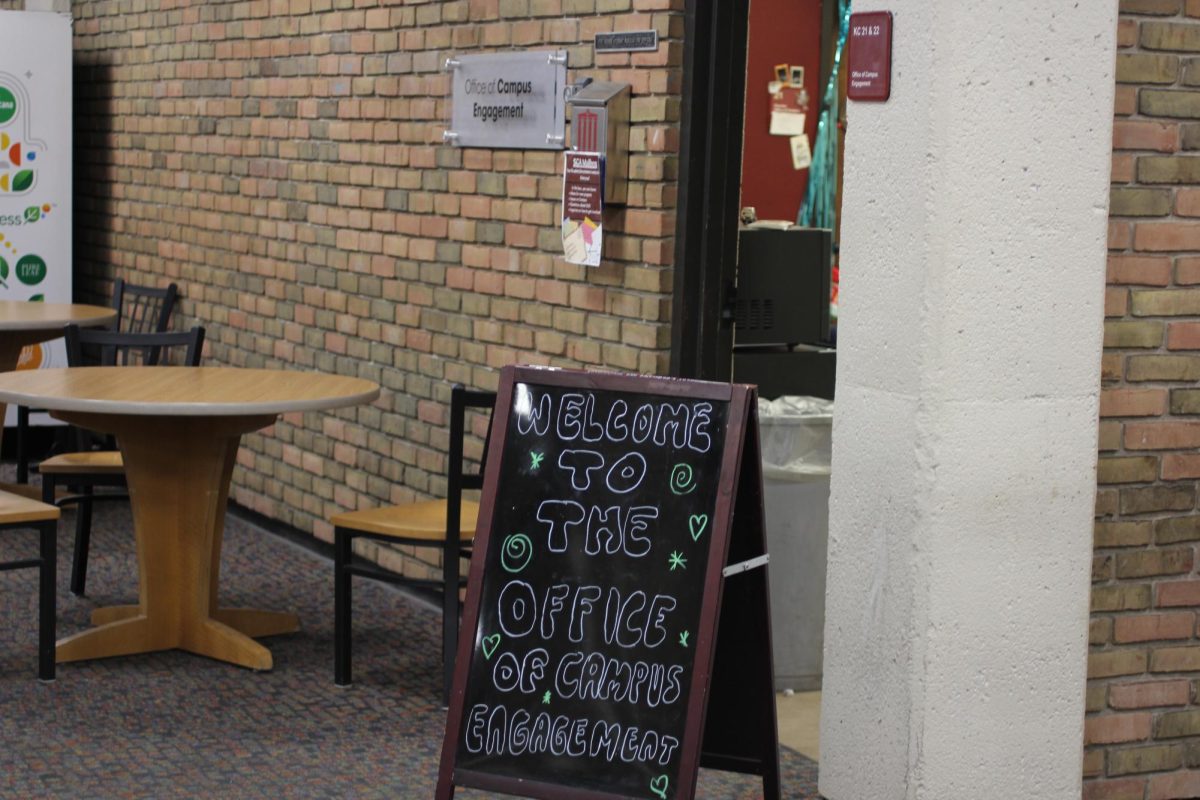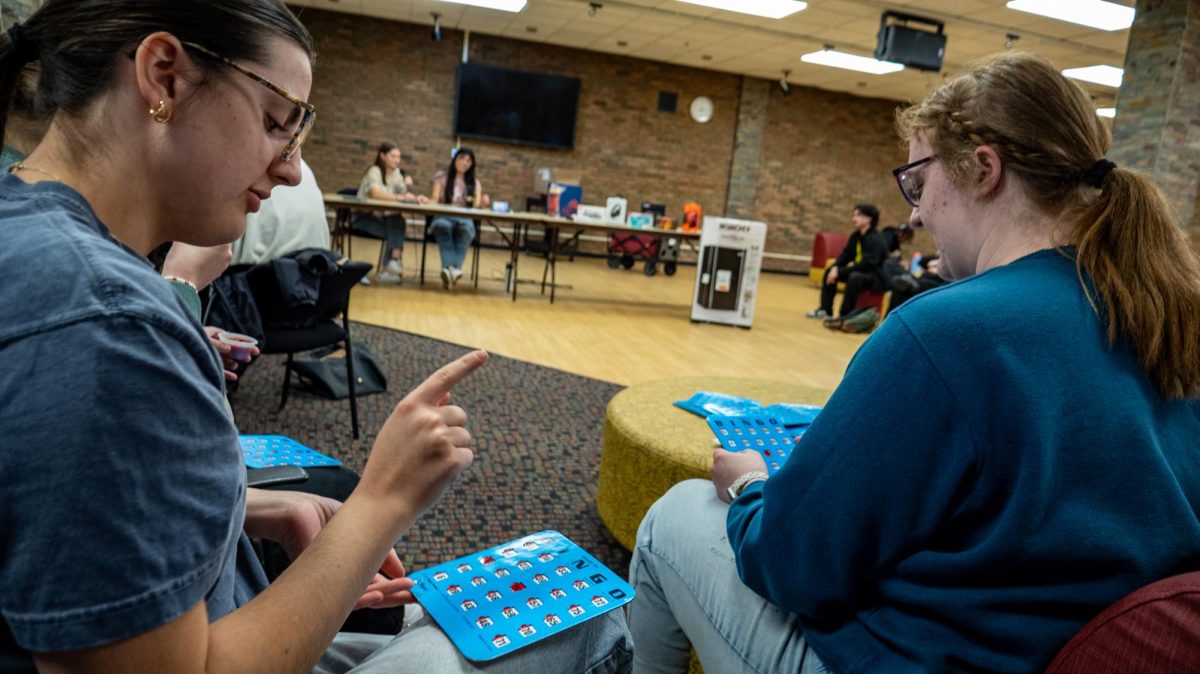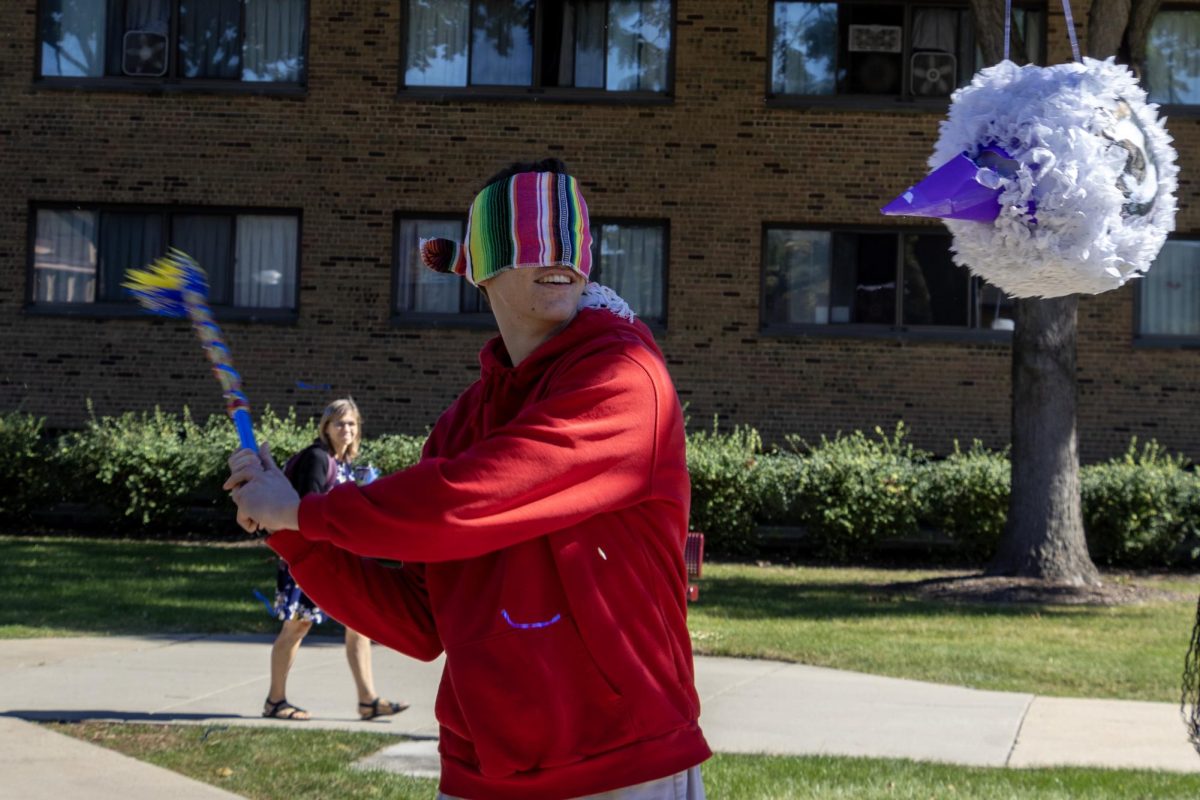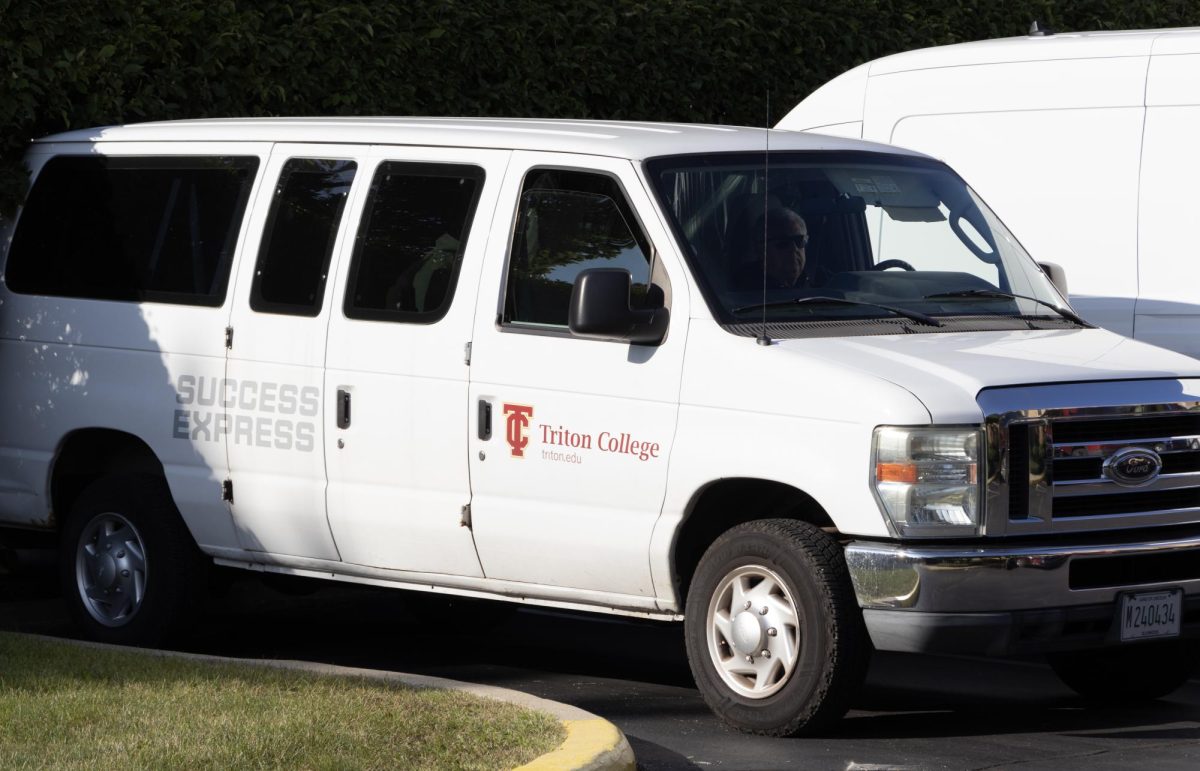As the 2024-2025 Spring semester began in January, Samantha Seggerson, the director of campus engagement, met with CUC’s Finance Department to discuss the Student Government Association budget for the rest of year. She had an idea of what the amount would be, however the real number was less than she expected.
“Going into this year, I thought that the SGA budget would be $4,500,” said Seggerson. “When I asked the Finance Department about it, they told me that the budget was actually only $2,500.”
That news created a very real problem for SGA. They had already spent almost that much over the course of the first semester, which meant that SGA — and by extension, all of the clubs that fall under the SGA umbrella — had no money left to spend. Their budgets now all read $0.
On January 21, Hannah Norris, the SGA president and treasurer, sent an email out to the club presidents letting them know what had happened. “This means that your club has NO BUDGET,” Norris wrote. “We will not be taking any more funding requests because of this. SGA does not even have a budget of our own, so we sympathize with the challenges that this may bring.”
While this would normally be described as a budget cut, that is not how some people on the university staff view it. According to Jamie Hayley, the director of financial planning and analysis for CUC, the SGA budget was not cut but “shifted.”
“Budgets at the school are never cut,” Hayley said. “They’re shifted. Funds are shifted every year depending on needs, what’s communicated, and who’s in charge. For SGA, the budget depends on new SGA leadership, and going through an approval process.”
This marks the second consecutive year that the SGA budget was less than the previous year. For the 2022-2023 school year, the SGA had $11,357, according to past SGA budget reports. In 2023-2024, the SGA budget decreased to $5,000. With the budget for this year being $2,500, the SGA budget has decreased by 78% in the last two years.
This year, the university introduced a new way of keeping track of budget requests.
“We have a new system to document budget requests and funds,” Hayley said. “And that makes this all more streamlined and efficient.”
Hayley could not speak to where the SGA funds were diverted.
“I don’t know what the SGA money was shifted to,” said Hayley. “I know the Art Department wanted to buy new equipment, and the Science Department wanted new microscopes, but both of those requests were denied.”
The change in budget causes issues not only for SGA, but also for all the clubs that rely on the SGA for money.
“With small budgets, SGA can’t support themselves and the clubs,” said Norris. “Prior to our knowledge of the actual budget, we could only give each club $140. If we knew the actual number, each club would have gotten less than $50.”
According to the university website, there are 28 student groups and clubs at CUC, ranging from the Art Club to the Campus Golfers Association to the Latino Student Union. With lowered budgets, those clubs likely have to rely on fundraiser events or other alternative measures to raise money.
“The clubs bring up the budgets or what they need to SGA, and then we decide whether to approve or deny it,” said Norris, who, as the president of SGA, acts as the liaison between students and the administration. “We pride ourselves on giving half of our budget to the clubs. Less money for us means less money for the clubs.”
Seggerson noted that the SGA budget being lowered isn’t something that is specific to SGA. The Track and Field budget reduced from $14,000 to $4,000, and the Student-Athlete Advisory Committee, which in recent years had a budget of $10,000, was allotted $3,000.
“Four to five years ago, students didn’t have to worry,” said Seggerson. “The finance people are making us hunker down to keep us afloat and help us flourish. All budgets are being cut.”
In the SGA, Norris is figuring out what steps to take next.
“We’re taking active measures to address the issue,” said Norris. “Budget cuts have been happening all over the university, so we’re drafting a proposal for the administration to plead our case as to why SGA needs money.”
At this point, that’s all that SGA can do, besides hope that the recent trend gets bucked and their budget goes back up for the 2025-2026 school year.
“If the students want more money, they have to be advocates,” said Seggerson. “They need to advocate to the administration, and have to be out there and let people know.”



